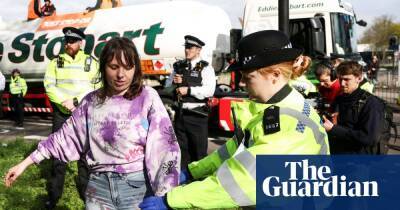Pensioner poverty is at a new high – so why are older people still voting Tory?
It’s happening again: elderly people suddenly getting poorer. Since the dawn of time, to be old was to be poor. Workhouses were abandoned not out of revulsion at their practices, but because virtually everyone in them became too old and sick to work. William Beveridge’s state pension was universal partly because many old people were too poor to be worth means-testing.
An under-heralded success of the Brown and Blair years was to lift so many older people out of poverty that by 2010, for the first time ever, pensioners were less likely to be poor than the rest of the population. Some still fell below the threshold, but the number was too small to tilt the statistics. Still, there’s no gratitude in politics, so it didn’t stop them voting Tory in ever greater numbers with each year of ageing. In 2019, 64% of over-65s voted Tory, compared with just 19% of under 24s. Age only became the strongest predictor of voting after 1980, when those two-thirds of older people turned less generous and redistribution-minded than older cohorts before them.
Mindful of that, the Tories showered pensioners with higher benefits while chopping support for the rest, especially children. A triple lock guaranteed the pension rose every year by whichever was highest – inflation, 2.5% or average wages. But no longer. The chancellor abolished the lock this year, assuming inflation was a temporary blip.
The Centre for Ageing Better’s annual report, published on 17 March, finds that there were 200,000 more poor pensioners in 2021. That means nearly one in five now falls below the official poverty threshold. The trend for working longer has gone into reverse: many older people lost their jobs during the pandemic, with their incomes plunging when they
Read more on theguardian.com




















